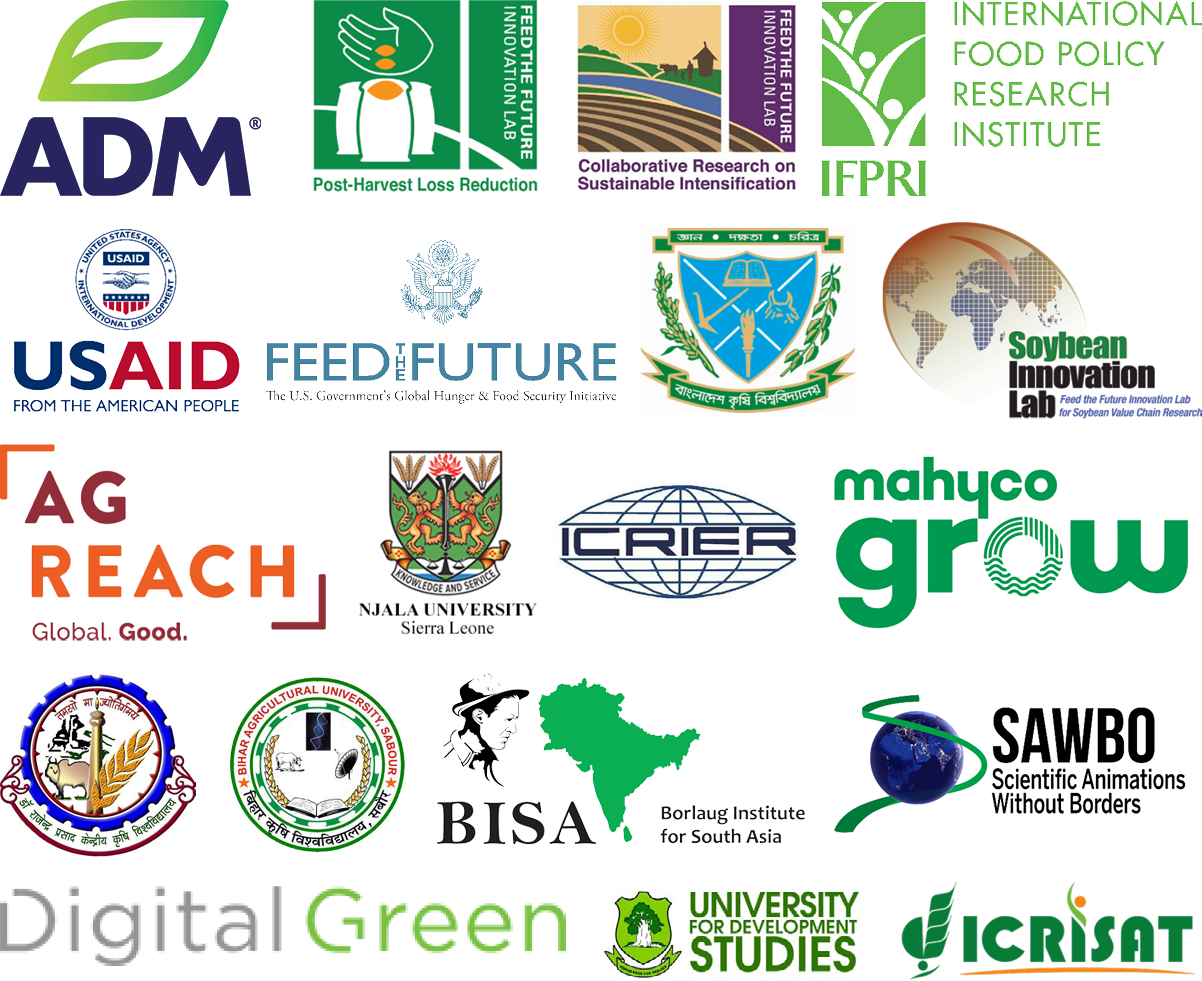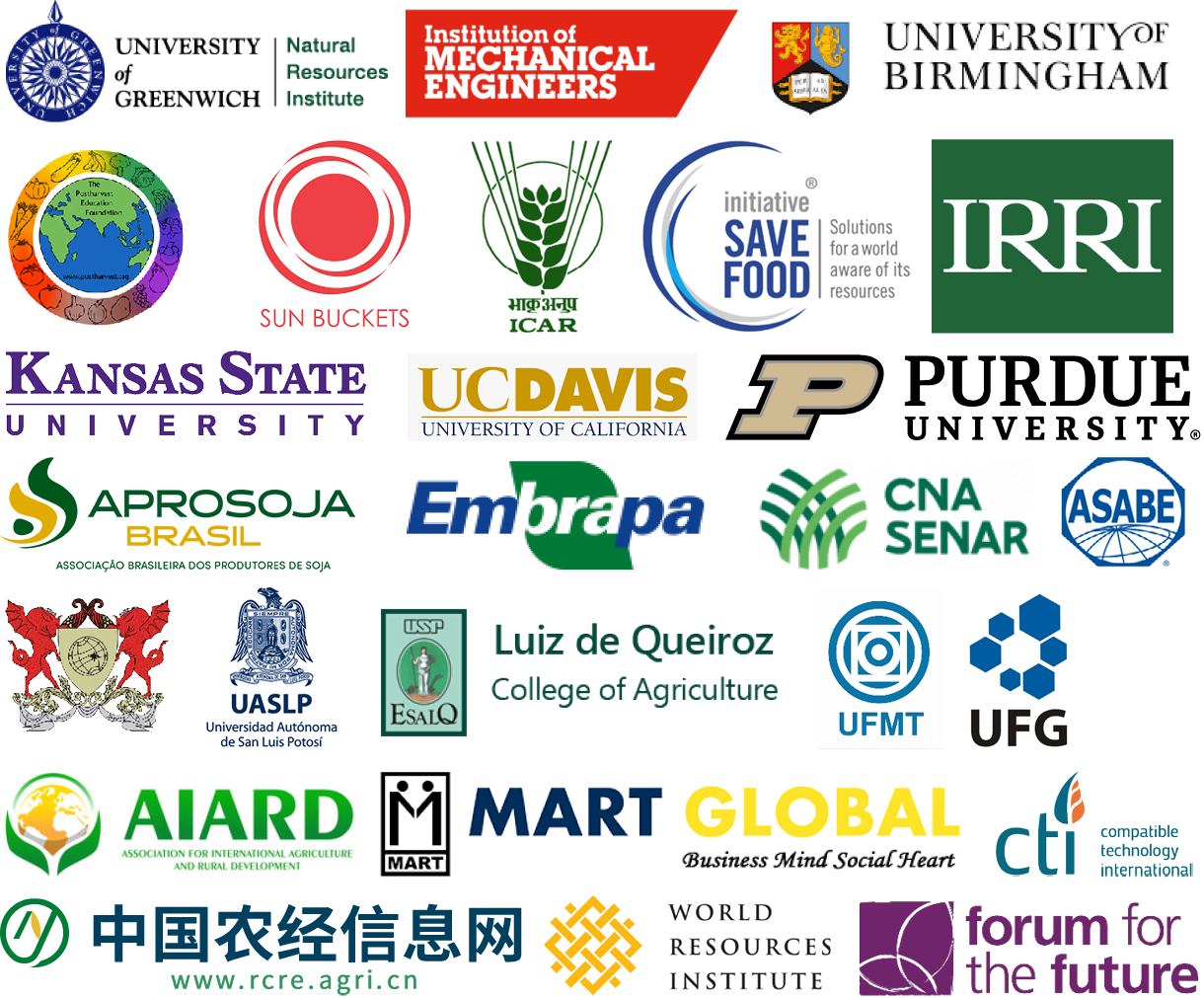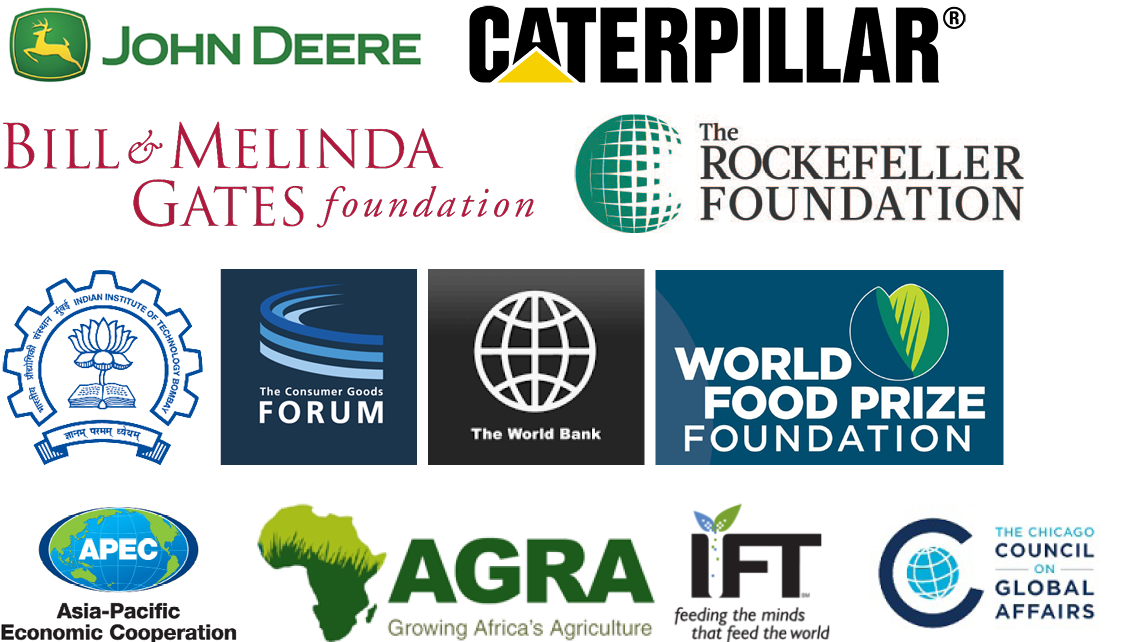What We Do
Each year, about 1.3 billion tons of food produced for human consumption is lost after harvest and before reaching consumers around the world, according to the FAO. Losses occur all along the supply chain and include losses from practices applied at harvest and handling (such as proper drying, moisture management and storage), inability to access markets at the right time, transportation challenges, and other food system inefficiencies. Some commodities (roots, tubers, oil-bearing crops, fruits and vegetables) are estimated to suffer post-harvest losses greater than 25 percent.
Postharvest losses not only reduce quantity but also the quality of stored grain, and are amplified by changing weather patterns. Better postharvest systems play a critical role in meeting the overall goals of food security, poverty alleviation and sustainable agriculture.
ADMI’s work is motivated by the urgency of the UN Sustainable Development Goals, especially SDG Target 12.3, which calls for halving per capita global food waste at retail and consumer levels by 2030 and reducing food loss (including post-harvest loss) along production and supply chains.
ADMI seeks to promote approaches to reaching the PHL reduction goal in ways that support multiple Sustainable Development Goals, including SDG 2 (zero hunger), which calls for an end to hunger and the promotion of sustainable agriculture. Positive environmental impacts of reducing PHL could also affect SDG 6 (sustainable water management), SDG 13 (climate change), and SDG 15 (terrestrial ecosystems, forestry, and biodiversity).
The ADMI Approach
ADMI is committed to a food systems approach that considers dynamic and evolving relationships across the stages of the food value chain to identify postharvest interventions that can positively affect producers, consumers and intermediaries. ADMI recognizes that no specific intervention can solve postharvest losses globally and seeks to identify, adapt, and promote tools, techniques, institutions, and policies that contribute to the ADMI mission in specific contexts.
ADMI funds research that demonstrates effectiveness of postharvest approaches and technologies, and has enabled novel applied research and peer reviewed publications in the area of storage, moisture management, and adoption of technologies by smallholder farmers. Research has spanned adoption of postharvest technologies in farmer cooperatives, development of a low-cost simple assay to measure micronutrient food fortification, and considered the impact of on-farm drying and hermetic storage technology on food security.
ADMI serves as an information hub for evidence-based knowledge on postharvest loss issues. As a leader in the postharvest space, ADMI brings together, engages, and advocates with diverse actors and stakeholders across all sectors to drive dialogue and decision-making on priorities and action steps for loss prevention. The institute’s free online Coursera course “Global Postharvest Loss Prevention: Fundamentals, Technologies, and Actors” has enabled more than 2,500 learners from all over the world to educate themselves about the issue and challenges of postharvest loss.
ADMI has also planned events designed to advance the discussion of postharvest losses and solutions. In 2015, the ADMI and the Food and Agricultural Organization (FAO) hosted the First International Congress on Postharvest Loss Prevention in Rome, Italy. In 2020, ADMI partnered with the International Food Policy Research Institute (IFPRI) South Asia to convene “Securing the Harvest: A Forum on Improved Grain Storage for Smallholder Agriculture” in New Delhi, India.
Partners
Over the past 10 years, ADMI has worked with a wide variety of public and private sector partners on postharvest reduction initiatives, including non-profit organizations, private industry, NGOs, governments, research institutes, and international universities.




